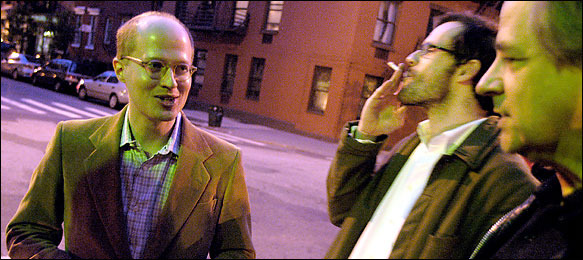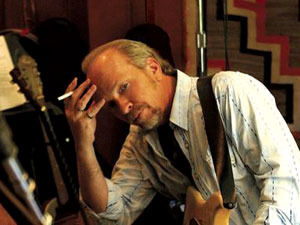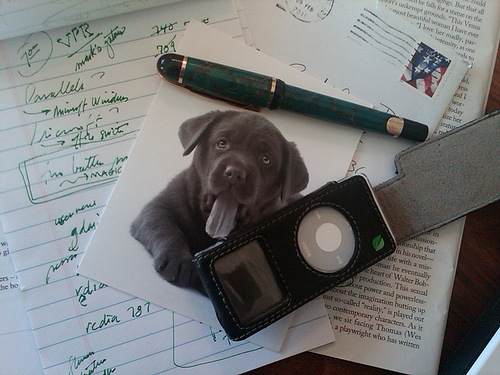“Too often, memoir seems to me an excuse to be fragmentary, incomplete, narratively non-rigorous. Lemon and Flynn’s books are guilty of all three.” ~ Taylor Antrim via The Daily Beast
Taylor Antrim considers whether Happy by Alex Lemon and The Ticking Is the Bomb by Nick Flynn wouldn’t make better novels than memoirs. Both rekindle his sense that “Memoir writing is cheating. I’ve always believed this,… And, anyway, by cheating I don’t mean exaggerating the truth. Of course memoirs contain misrepresentations, even outright lies…” What Antrim means is that they are cheating the reader out of a good story. They are cheating by compiling collection of vignettes, of sketches and passing these hodge-podges along to us without ever bothering to develop their narratives. “I kept wanting Flynn to do more, to apply his imagination to these insights, to tell me a story. But Bomb is content to be a sketchbook, a collage of ideas and scenes—a memoir.”
Antrim contends that memoir (at least these memoirs) is the lazy storyteller’s alternative, and that a novel – at least sometimes – is a more compelling vehicle to tell the same story more thoroughly, more engagingly and with a more deftly crafted narrative. It’s a provocative assertion, one that I’ve been grappling with while writing a memoir about renovating a historic property on Lake Champlain. Memoir may fall short of the novel’s narrative finesse, but there is something fascinating about traipsing through the artifacts firsthand, exploring the sketches and conversations, rather than being swept along a Disneyfied storybook interpretation. Much like the best novels, successful memoirs sweep the reader up in a story and carry the reader from beginning to end without losing them in awkward fragments, without abandoning the logical wonders that the narrative trajectory provokes, without suggesting the reader should have waited to read the final draft. And yet, the current obsession with reality storytelling does seem to shift this assertion slightly. Is there a growing wariness if/when memoir becomes too narratively slick? Is there a higher tolerance for scrapbook storytelling?

Like this:
Like Loading...















